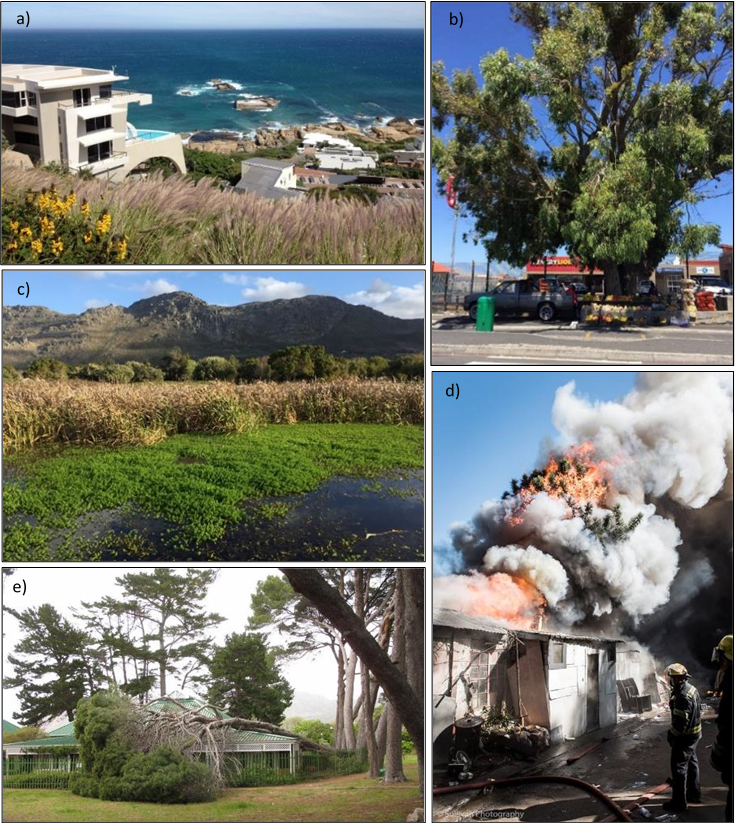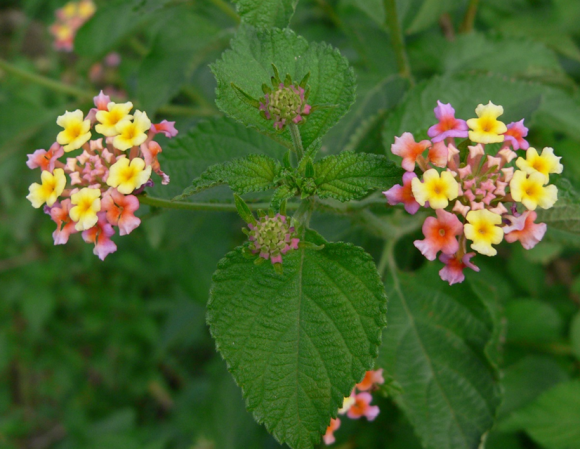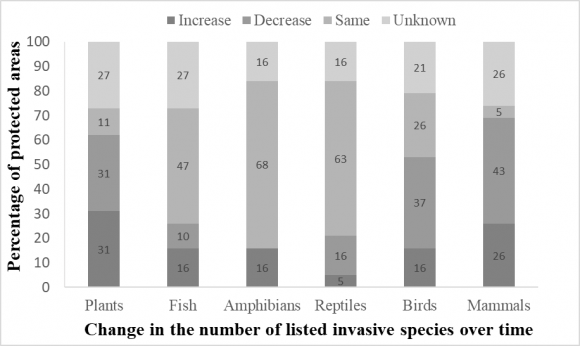Invasive alien plants (IAPs) and their management are perceived both negatively and positively by urban residents, but these perceptions are shaped by individuals’ socio-demographic characteristics. This was revealed by research conducted across Cape Town by C·I·B PhD student, Luke Potgieter, C·I·B Director Dave Richardson and C·I·B Core Team Member Mirijam Gaertner, and recently published in the Journal of Environmental Management.
Many alien plant species are introduced to urban areas to provide ecosystem services (ES), but some of these species become naturalised and invasive, and have negative impacts on ES and human well-being. These species may nevertheless provide important ES for urban residents. Although the ecological impacts of invasive plant species are well documented, less attention has been given to the social dimensions that mediate responses to biological invasions, particularly in urban areas.
Potgieter and colleagues conducted online and face-to-face questionnaire-based surveys with residents across the city of Cape Town to determine their perceptions of IAPs. The analysis showed that conflicts of interest are likely to arise when attempting to control and eradicate IAPs – residents perceived IAPs both negatively and positively and the management of plant invasions is not perceived as a high priority relative to other environmental problems. For example, Port Jackson (Acacia saligna) was perceived as important for providing fuelwood, but also perceived to have a negative impact on water security and native plant biodiversity.
Socio-demographic variables such as age, education, environmental awareness, and ethnicity shaped urban residents’ perceptions of IAPs. For example, older, more educated respondents were more likely to perceive IAPs negatively, while respondents with greater environmental awareness were more aware of the benefits provided by IAPs.
“This study improves our understanding of the way urban residents perceive IAPs and the ES and disservices they provide. This can help mitigate associated conflicts of interest associated, facilitate prioritization and decision-making, and make stakeholder engagement processes, collaboration and dialogue more effective” explains Luke Potgieter, lead author of the paper.
Potgieter adds “While this study highlights the need to integrate public perceptions into the planning and management of IAPs, it also emphasises the importance of including ES assessments into the decision-making process, particularly in urban areas – an approach that is becoming increasingly important as the demand for the sustainable provision of urban ES grows.”
Read the full paper at: Potgieter, L.J., Gaertner, M., O’Farrell, P.J. and Richardson, D.M. 2018. Perceptions of impact: Invasive alien plants in the urban environment. Journal of Environmental Management. https://doi.org/10.1016/j.jenvman.2018.05.080
For more information, contact Luke Potgieter at lukepotgieter2@gmail.com



